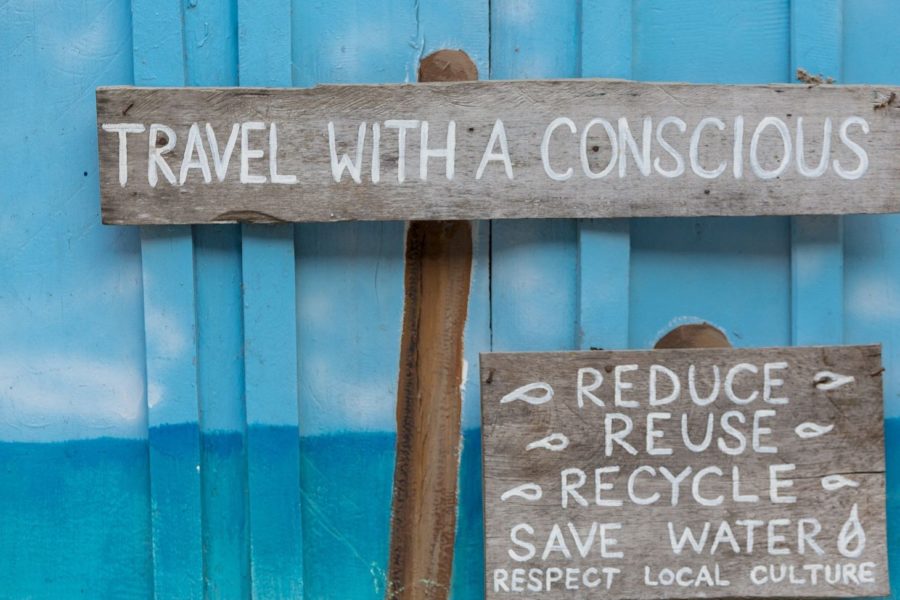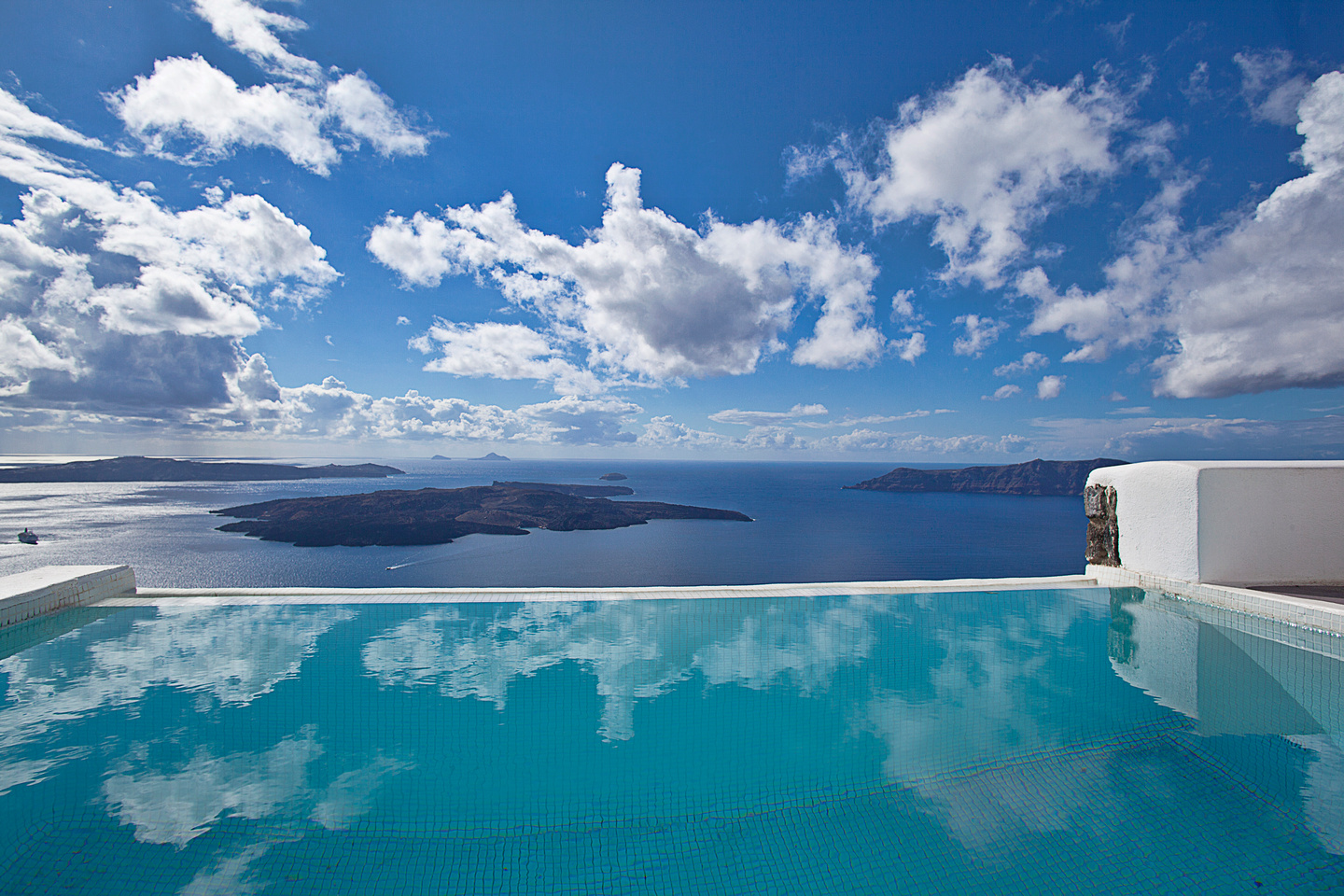19 Jul 2023 “Hypertourism” in Santorini and Mykonos: Balancing Paradise and Preservation

The allure of the Greek islands, particularly Santorini and Mykonos, is undeniable. Their breathtaking sunsets, crystal-clear waters, and iconic white-washed buildings have made them dream destinations for travelers worldwide. However, the overwhelming popularity of these islands has given rise to a phenomenon known as “hypertourism.” This essay explores the concept of hypertourism in Santorini and Mykonos, its impacts on the islands, and the steps being taken to strike a balance between tourism and preservation.

Hypertourism refers to an excessive influx of tourists, often beyond the capacity of a destination to handle sustainably. Santorini and Mykonos, once quiet and idyllic islands, have experienced an unprecedented surge in visitors over the past few years. The reasons behind this surge are multifaceted:
Instagram Effect: The islands’ Instagram-worthy landscapes have fueled a global frenzy to visit Santorini’s blue-domed churches and Mykonos’ picturesque streets. Social media has played a significant role in promoting these destinations.

Cruise Ship Tourism: The arrival of massive cruise ships disgorging thousands of passengers onto the islands has become a common sight. This has led to overcrowding in already popular spots.

Economic Incentives: Tourism is a significant source of income for the local economy, encouraging further development and expansion of the tourism industry.

The big question is, apart from the taken steps to strike a balance between economic benefits and the preservation of their natural and cultural assets taken by the municipalities, what is the role of visitors in addressing hypertourism and ensuring the long-term sustainability of destinations like Santorini and Mykonos?
Well dear Reader, as a keen Traveler, You can make a significant difference by adopting conscious and respectful travel practices:
- Respect Local Culture: Take the time to learn about the local customs, traditions, and etiquette of the destination. Respect religious sites and cultural practices, dress appropriately, and interact respectfully with the local population.
- Mindful Consumption: Be conscious of your impact on the environment. Reduce waste by using reusable items, conserving water, and supporting businesses that follow sustainable practices. Avoid purchasing souvenirs made from endangered species or unsustainable materials.
- Responsible Exploration: When visiting natural attractions or historical sites, follow designated paths and guidelines to minimize environmental impact. Avoid littering, defacing, or disturbing natural habitats and historical artifacts.
- Support Local Businesses: Choose to dine at locally-owned restaurants, stay in locally-operated accommodations, and shop at local markets. Your spending directly benefits the local economy and encourages sustainable tourism practices.
- Reduce Overcrowding: Consider traveling during the off-season to reduce overcrowding. If possible, plan your visit to popular destinations during non-peak times to minimize the impact on local infrastructure and resources.
- Respect Local Laws and Regulations: Familiarize yourself with local laws and regulations, especially those related to conservation and cultural preservation. Abide by them to ensure your visit does not harm the destination.
- Use Sustainable Transportation: Opt for eco-friendly transportation options like public transit, biking, or walking when exploring the destination. If you rent a vehicle, choose a fuel-efficient or electric option.
- Engage in Eco-Tourism: Seek out eco-friendly tours and activities that prioritize conservation and responsible tourism. These experiences often provide a deeper understanding of the destination’s natural and cultural heritage.
- Spread Awareness: Share your responsible travel experiences and knowledge with others. Encourage fellow travelers to adopt sustainable practices and respect for the destination.
- Leave No Trace: Follow the “Leave No Trace” principles, which emphasize leaving nature and cultural sites as you found them. This includes packing out all trash and avoiding unnecessary disturbances.


In summary, Visitors play a crucial role in mitigating the effects of hypertourism and preserving the unique charm of destinations like Santorini and Mykonos. By traveling with consciousness, respect, and a commitment to sustainability, tourists can help ensure that these small and unique places remain blessed by nature and available for future generations to enjoy. Sustainable tourism is a shared responsibility that involves both the local community and those who come to explore its wonders.





